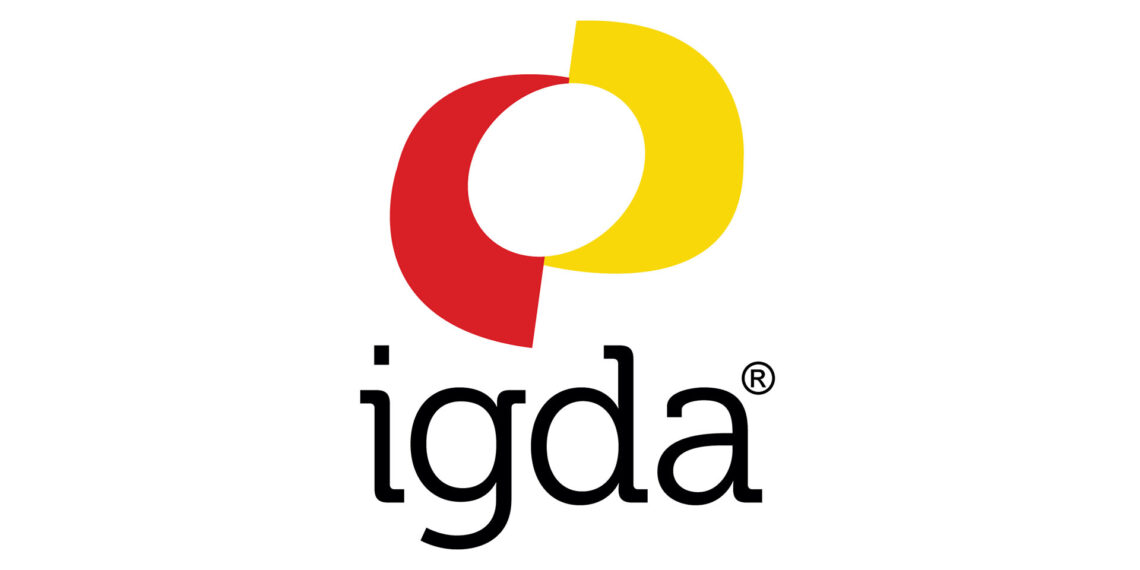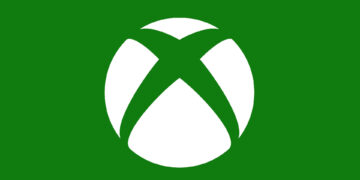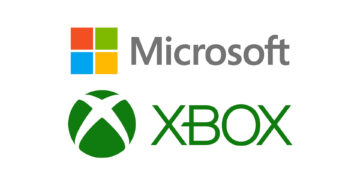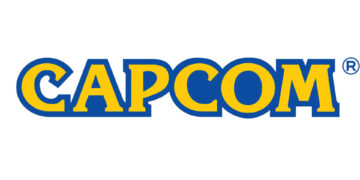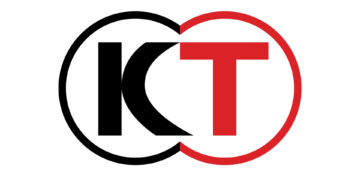Today, the IGDA (International Game Developers Association) shared a statement via press release about the recent wave of censorship that has hit games with adult content on distribution platforms like Steam and Itch.io.
The organization, which is the world’s largest nonprofit membership organization dedicated to game developers, defines itself as “seriously alarmed” by the wave of delistings, deindexing, and payment disruptions targeting adult-themed titles, as these actions appear to have been taken with little or no communication to affected developers.
The IGDA also argues that the wave of censorship has “disproportionately harmed developers producing legal, consensual, and ethically developed content, including creators from marginalized communities.”
According to the organization, platforms have had for a long time rules that restrict content that promotes or fetishizes sexual violence, non-consensual sexual acts, or the sexualization of minors. Developers aren’t concerned about the existence of these rules, but about enforcement actions that adversely impact games and developers who don’t actually violate them. This often happens without warning or explanation.
Developers have been reporting that games have been removed from distribution platforms despite having previously been approved and having been available on them for a long time. They find themselves with no clear path to compliance or recourse due to a lack of transparency on enforcement criteria, sudden changes in policy, and the lack of ways to appeal.
As a result, the IGDA argues that developers of games that feature consensual and legal adult content find themselves easily targeted by overbearing enforcement and end up self-censoring out of fear of being delisted.
The organization also adds that reports suggest that recent policy changes have been driven mostly by payment processors like Visa, Mastercard, and others, who threaten to withhold their services from platforms hosting adult content.
This means that “financial institutions are now influencing which stories can be told and sold in games, with minimal transparency or public accountability.”
The IGDA clarifies that it doesn’t condone or support games that promote or fetishize sexual violence, non-consensual sexual acts, or the sexualization of minors, as these are incompatible with the organization’s ethical standards.
The organization’s advocacy focuses on supporting developers who make consensual, lawful, and ethically developed games, and the demand is for “clear, consistent content policies, not vague or overly broad censorship.”
“Games, like any medium of artistic expression, can explore themes of intimacy, pleasure, trauma, or identity. When created ethically and distributed legally, these works deserve to be evaluated fairly, transparently, and contextually, not swept aside due to stigma or third-party pressure.
Many of these same games already follow established rating systems and content warnings, including ESRB and international equivalents. Developers are using existing tools to clearly communicate content, set expectations, and responsibly age-gate their work. The issue is not a lack of safeguards, but a lack of proportionate, informed, and transparent enforcement.”
As such, the IGDA urges platforms and processors to take the following policy actions.
- Publish clear, detailed guidelines that distinguish prohibited content from lawful adult expression.
- Provide timely communication and specific reasons when enforcement actions are taken.
- Offer structured appeals and revision pathways for developers.
- Form advisory panels with legal experts, marginalized creators, and trust & safety professionals.
- Release regular transparency reports documenting enforcement actions.
The organization also encourages platforms to consider alternatives to overly risk-averse financial partners, including adult-industry-compliant processors like Verotel, CCBill, and more.
It also encourages people to consider supporting petitions like “Tell MasterCard, Visa & Activist Groups: Stop Controlling What We Can Watch, Read, or Play.”
The IGDA has also launched an anonymous form that affected developers can use to share details on what happened to them. The gathered data will help guide future action on the topic.
Those who want to support affected developers can also contact Visa and Mastercard directly via the following contact points.
- Visa
- Email [email protected]
- Call Visa at 1-800-847-2911
- Website: visa.com/contact-us.html
- Mastercard
- Email [email protected]
- Call Mastercard’s international number:1-800-999-0363 (US); 1-636-722-6176 (International)
- Website: https://www.mastercard.com/us/en/personal/get-support.html
The organization urges “platforms, payment processors, and industry leaders to engage in dialogue with developers and advocacy organizations. We welcome collaboration and transparency. This issue is not just about adult content. It is about developer rights, artistic freedom, and the sustainability of diverse creative work in games.”
“Globally and politically, we are at a crossroads for developer rights, creative freedom, and platform accountability. The right to make mature games with legal adult content is a creative right, just like the right to tell stories about war, death, or love. Developers deserve clarity in the guidelines impacting their work, consistency in the enforcement of those policies, and respect for their creative freedoms.
The IGDA will continue to advocate for a fair, inclusive, and transparent industry for all game creators.”
One thing is for sure: it’s interesting to see that games that are truly dangerous remain on Steam without concern from payment processors or the activist groups behind their actions.
Even more interesting is that during the Call of Duty: Black Ops 6 finals at the Esports World Cup last weekend, the Mastercard logo was displayed all over the place, evidence of the old hypocritical stance where violence is absolutely fine, but erotic content remains taboo for many.

